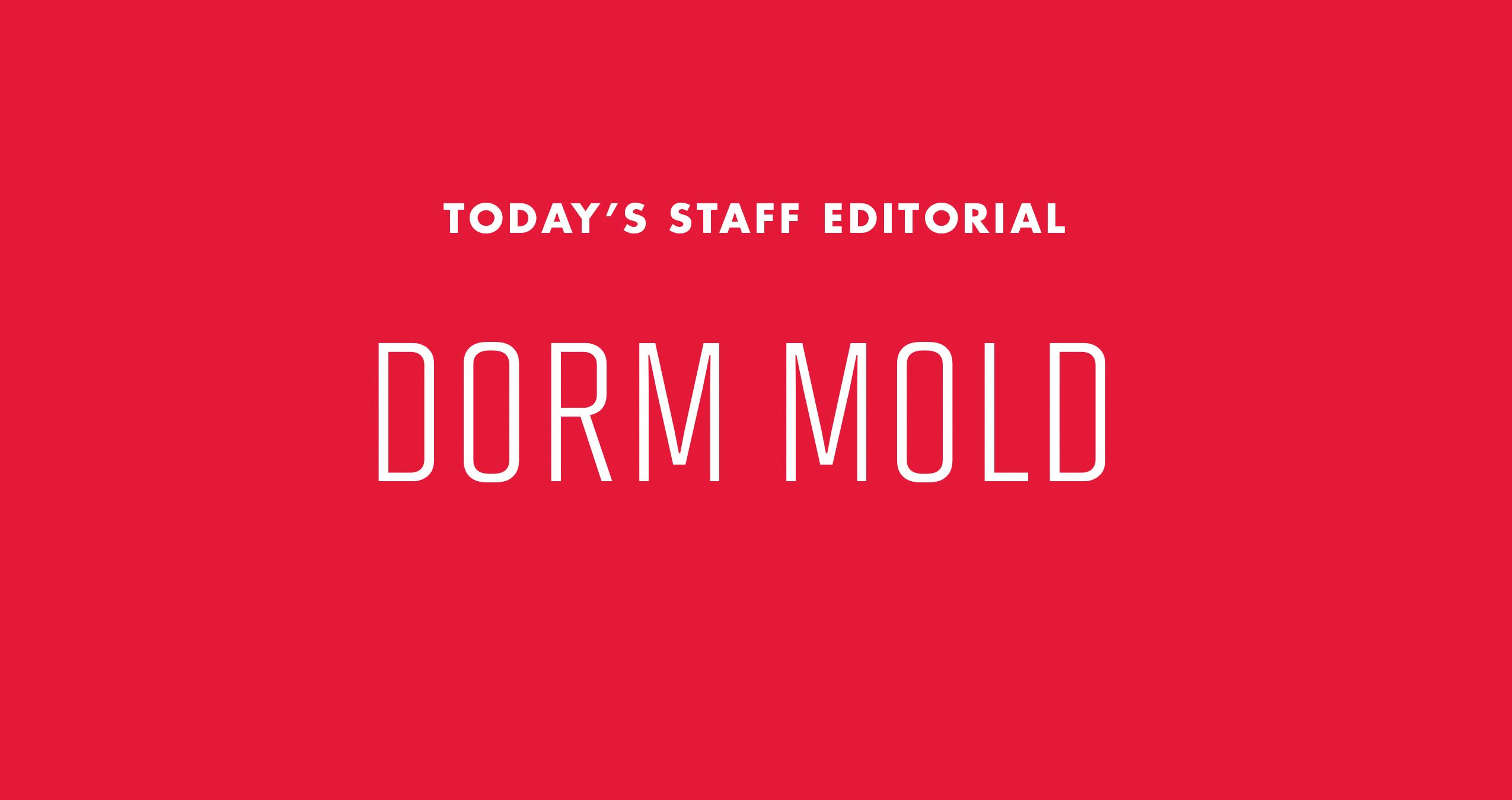In early September, many University of Maryland students reported mold on their windows, air conditioning units and desks in Elkton Hall. The administrative response echoes this university’s continued inadequacy in addressing student concerns in a timely and sympathetic manner.
The Departments of Resident Life and Residential Facilities announced Sept. 21 that Elkton Hall residents would be temporarily relocated to the Cambria Hotel, the College Park Marriott and The Hotel at The University of Maryland while cleanup occurred. At least nine other dorms and on-campus apartments have seen reports of mold; most of the students in these buildings haven’t relocated.
Mold isn’t uncommon in university dorms — the University of Tennessee, Knoxville, is undertaking a similar effort to relocate students affected by mold. But that doesn’t mean the Departments of Resident Life and Residential Facilities shouldn’t take it more seriously.
Exposure to mold can lead to breathing problems and skin and eye irritation, according to the Centers for Disease Control and Prevention. Students in rooms with mold at this university have reported sore throats, rashes and coughs, among other ailments. In an academic environment, there needs to be substantially more urgency to address these potential risks.
At Tennessee, the mold was initially discovered in one dorm, but a spokesperson said every dorm would be tested as a precaution. This university has yet to announce such a plan. Instead, the school hired an outside consulting firm to determine the mold’s cause and the optimal way to treat it; that process began on Sept. 24 and has a fluid timetable of “a few weeks” to complete.
Students have been displaced to locations that make walking to class or going to a dining hall a much longer trek than normal, and even the special Shuttle-UM routes can’t fix their travel woes. The university has given the affected students one “takeout” meal per day from 251 North, but they still have to go there to pick it up; many students have taken to ordering food, rather than eat from the dining plan they’ve already paid for. And, of course, some of their personal belongings have mold on them.
Despite all of this, the university currently does not have plans to reimburse affected students outside of their temporary hotel stays, according to Resident Life spokesperson Tracy Kiras.
Students are not at fault for mold being in their dorms. Tennessee has offered affected students a chance to opt out of their housing contract for the semester with a full refund. Even if a similar plan would be impractical for this university, Resident Life shouldn’t be passing the buck on the problem — especially when on-campus residents are paying more than $7,000 this year for a traditional double room with no air conditioning.
Coming after the recent on-campus housing headache of forced triples and converted lounge rooms, the mold problem shows that Resident Life has consistently chosen what’s convenient over what students need.
Resident Life and Residential Facilities attribute the mold to high humidity, but this editorial board pins the problem on the departments’ inadequate response to a legitimate concern. Mold is a temporary issue; this university’s naivety is seemingly an everlasting one.



